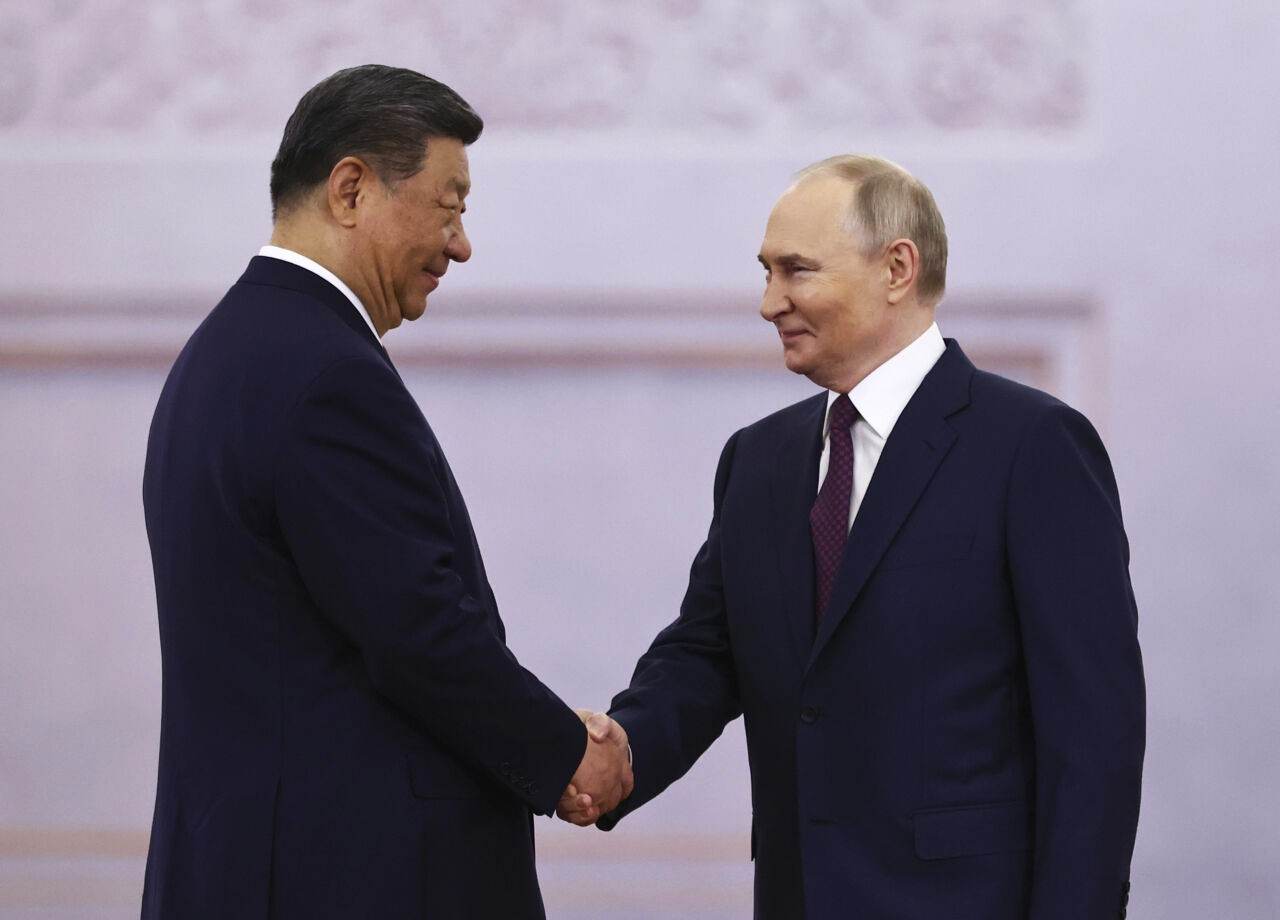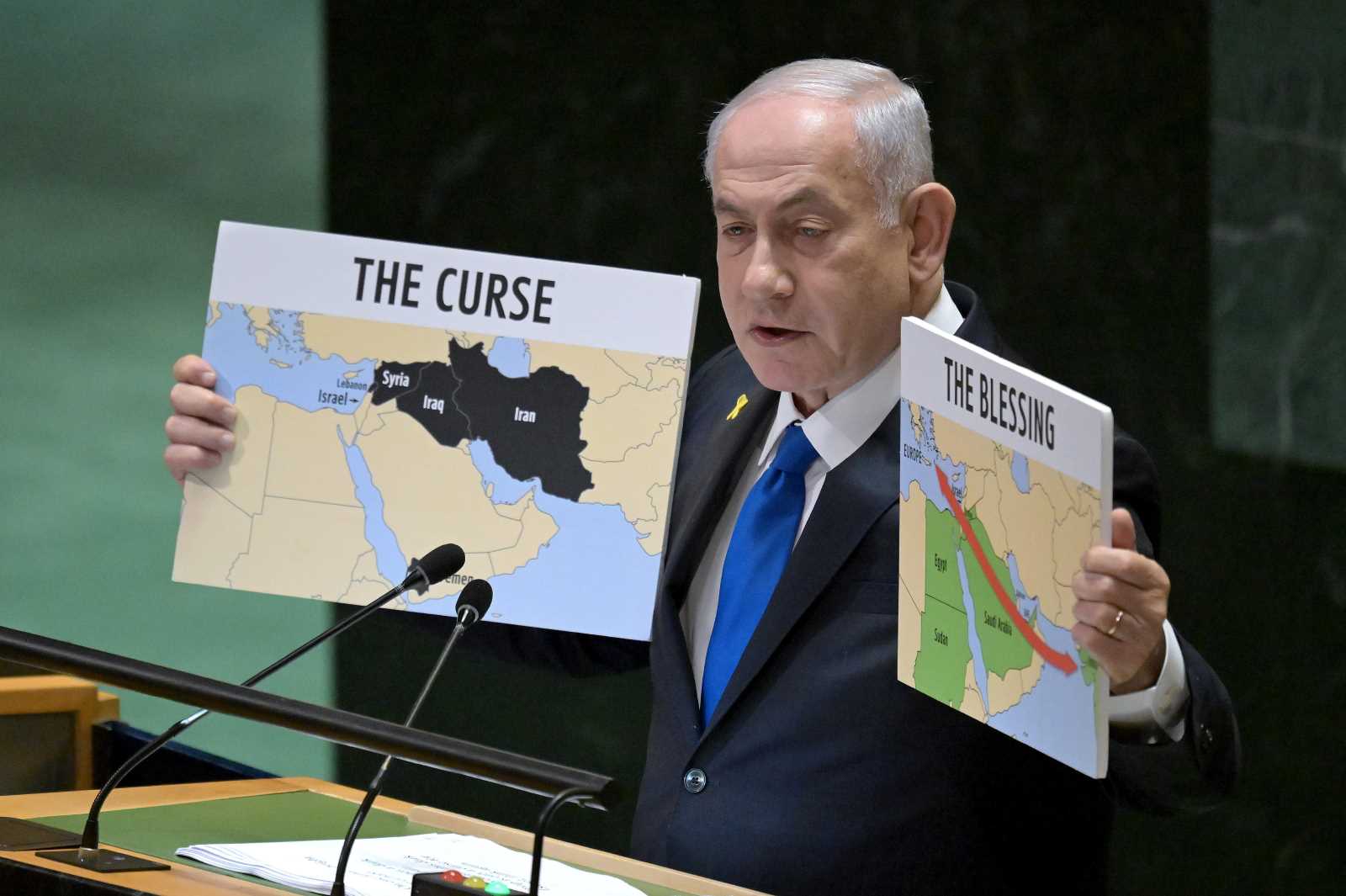Political discourse
Why the term “antisemitism” must be used with great caution

An overwhelming majority of Germans are aware of what suffering antisemitism has caused in our history. After all, the Nazi genocide was its worst chapter. The general consensus now is that Germany has responsibility for keeping safe Jews in general and the state of Israel in particular.
Nobody wants to be called an antisemite these days. That was not always so. German racists coined the phrase in the 19th century and proudly applied it to themselves. According to their arrogant nationalism, German Jews were not German, but belonged to the Semitic race which supposedly wanted to keep Germany weak. This supremacist ideology inspired Adolf Hitler’s deadly hatred of Jews.
Aggressive resentment of Jews, however, existed long before nationalist ideologies gained relevance. In many European countries, Christian traditions had long ostracised Jews. Persecution was particularly brutal during the Spanish Inquisition.
After World War II, no one in Germany wanted to be associated with the Nazis anymore, and antisemitism had been a core component of their ideology. Nonetheless, early West German support for Israel was to some extent inspired by antisemitism. Diplomats who had served the Nazi regime and stayed on after its collapse, were not really interested in reconciliation, but feared powerful international networks might punish the young Federal Republic if it did not endorse Zionism.
Their attitude revealed an unusual aspect of anti-Jewish racism. It is that this minority community was not simply believed to be inferior but was also admired for its intellectual and financial prowess. Jews were even feared for their potential global reach, and conspiracy theories abounded.
No simple answer
These things are diligently spelt out in a new book, which is unfortunately only available in German. The title is: “Was ist Antisemitismus?” (What is antisemitism?). There is no simple answer to this question. One chapter of the book lists nine different categories of antisemitism. Another one briefly sums up the thinking of 14 different intellectuals who have dealt with the issue, from Hannah Arendt, Theodor Adorno and Jean-Paul Sartre in the post-war era to more recent authors like Zygmunt Baumann and Judith Butler.
The book was published with financial support from the Rosa Luxemburg Foundation, which is close to Germany’s Left party, and the Federal Ministry of Interior. It includes contributions from many different scholars and was edited by a group of experts, most of whom are affiliated to the Centre for Research on Antisemitism at Technische Universität Berlin. Team leader Peter Ullrich is a senior researcher at the Centre and contributed the longest essay to the book.
Cancelling of Jewish intellectuals in Germany
Ullrich points out that antisemitism is difficult to define because how hatred of Jews is expressed changes over time. He insists that it is problematic to use such a multifaceted term in political rhetoric. This message matters in the context of the ongoing Gaza war because there is a tendency – not only, but especially in Germany – to accuse anyone who expresses solidarity with Palestinians of antisemitism. Indeed, even Jewish intellectuals who have publicly spoken out against Israel’s excessive use of military force have been denied public platforms in recent months.
The most recent case was Köln University cancelling Nancy Fraser’s guest professorship. Fraser is a prominent philosopher at New School in New York and specialises in issues of social justice. Her programme in Köln was unrelated to antisemitism, but the University disinvited her because she had signed a letter in support of Palestinians in October. The Jewish intellectual refused to renounce her signature as demanded by the German institution. Like others who have made similar experiences in recent months, Fraser accuses Germany of limiting the freedom of speech. It is indeed most awkward when institutions that were once run by Nazis tell Jews what they may or may not say in Germany about inherently Jewish affaires.
One thing these institutions do not understand is that excessive philosemitism is not an antidote to antisemitism. It is merely its flipside, as is argued in the book. Indeed, it lists philosemitism among the different categories of antisemitism. The point is that both attitudes are deeply prejudiced. Assuming that the Jews and the Jewish state can do no wrong is not better than assuming that Jews are always evil. Neither helps to understand what is going on in Gaza today.
In this context, three other currently particularly pertinent categories of antisemitism are:
- Muslim antisemitism, which has adopted strains of traditional European antisemitism,
- postcolonial antisemitism, which emphasises the oppressive history of European colonialism, and
- Israel-related antisemitism, which is about treating Israel differently from other states.
At the same time, traditional European hatred of Jews persists as well, but tends to be disguised and not expressed openly. Some adherents, however, perpetrate violent crimes.
All of these categories are assessed systematically in the book. The authors insist that finding fault with Israeli state action is not necessarily antisemitic, though it may well be so. What matters is whether the criticism focuses on any aspect of Judaism or not. It is not antisemitic to insist on Israel adhering to international law, respecting human rights and living up to universal principles.
Blurry distinctions
The distinctions are often blurry, however. The terror outfit Hamas is undeniably antisemitic, for example, and its atrocities are unjustifiable. However, it thrives on real grievances that result from Israeli state action, not general resentment of Jews or vague conspiracy theories. In this specific sense, its approach is quite different from Nazi ideology. It is important to know that Nazi rhetoric resonated among Arabs in the past, but one should also acknowledge that current Muslim antisemitism is also a response to the mass displacement of Palestinians in 1948 and to Israel’s occupation of the Palestine territories since 1967.
The book is a scholarly effort. The project was concluded before the brutal Hamas attacks of 7 October 2023 and the ensuing war. The goal was to clarify academic concepts. The book now deserves broad attention, even though the various essays do not deal with the current bloodshed at all. The reason is that antisemitism has once again become a hot topic in political discourse.
On the one hand, attacks on Jews have increased in many countries immediately after 7 October. On the other hand, accusations of antisemitism are used to silence justified criticism of Israel in Germany and some other countries.
Controversial definition of antisemitism adopted by officialdom
Part of the drama is that government agencies – again not only, but especially in Germany – rely on the Working Definition of Antisemitism, which was adopted by International Holocaust Remembrance Association (IHRA) in 2016. It was supposed to be preliminary and mostly serve educational purposes. As Ullrich reports, more than 30 nation states and the EU have nonetheless since adopted it for the administrative purpose of fighting antisemitism.
The problem with this approach is that the IHRA definition concisely lists everything that can be read as antisemitism. When bureaucrats only tick boxes without regard for the context of statements, they often declare legitimate criticism of Israel to be unacceptably antisemitic.
For this reason, prominent scholars adopted the Jerusalem Declaration on Antisemitism in 2020. It emphasises the freedom of speech and now has around 350 signatories. They include many high-profile Jewish intellectuals such as Omer Bartev, Micha Brumlik and Susan Neiman. Ullrich and some other members of the German primer’s editorial team have signed the Jerusalem Declaration as well.
Given that their academic exercise has now gained general public relevance, however, it is a pity that they did not elaborate more clearly when criticism of Israel is antisemitic and when it is legitimate. In the current public climate in Germany, for example, people are ostracised merely for using the word “apartheid” in regard to Israel. Those who express this kind of outrage, however, systematically avoid discussing the points that important NGOs like Human Rights Watch, Amnesty International or B’Tselem raise when arguing that Israel is guilty of Apartheid. Unfortunately, the book Ullrich et al. have edited does not provide clarity on the matter.
References
International Holocaust Remembrance Alliance: Working Definition of Antisemitism:
https://holocaustremembrance.com/resources/working-definition-antisemitism
Jerusalem Declaration on Antisemitism:
https://jerusalemdeclaration.org
Ullrich, P., et al. (eds.), 2024: Was ist Antisemitismus? (What is antisemitism? – only available in German). Göttingen, Wallstein Verlag.
Hans Dembowski is the editor-in-chief of D+C/E+Z.
euz.editor@dandc.eu















